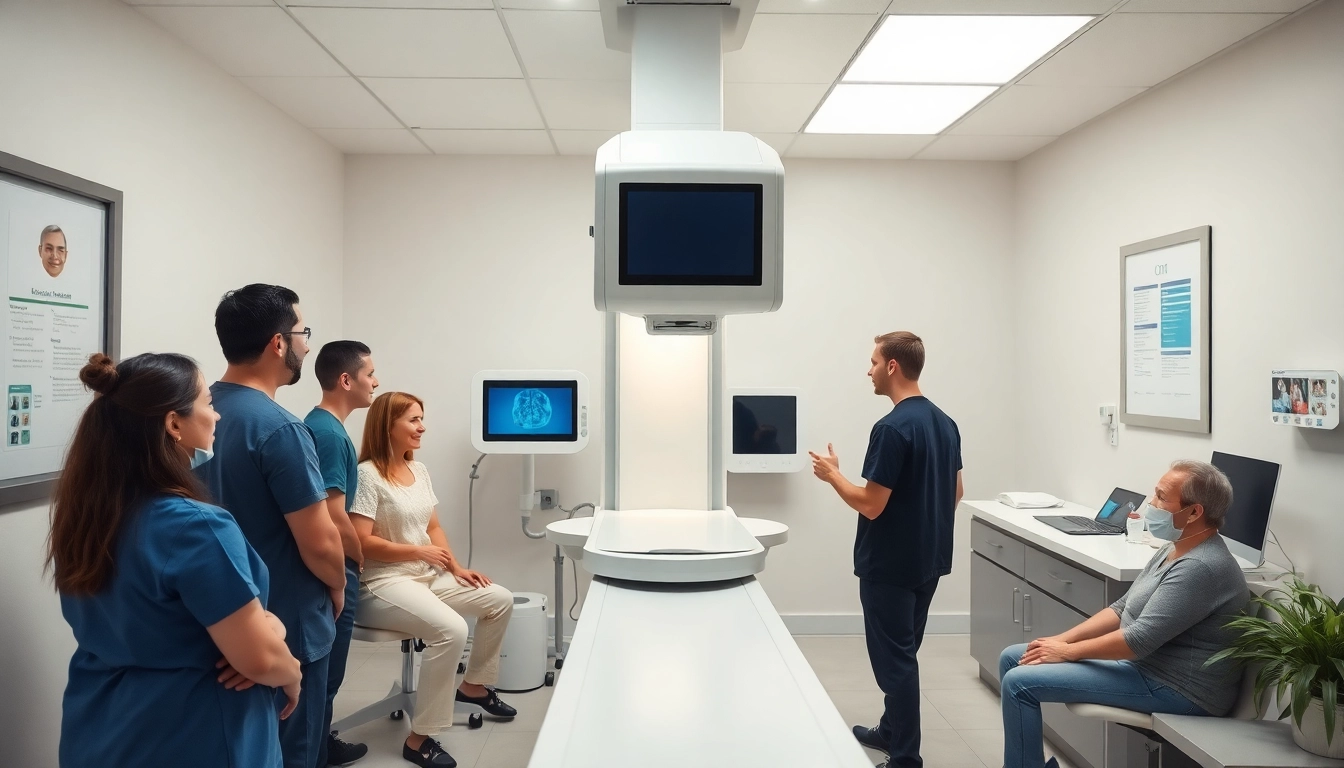Overview of Depression
Defining Depression
Depression is a complex mental health disorder characterized by persistent feelings of sadness, loss of interest, and a range of emotional and physical problems. It affects how individuals think, feel, and handle daily activities. Unlike typical mood fluctuations, Depression can lead to significant impairment in social and work functioning, impacting one’s overall quality of life. Recognition of this condition is crucial for effective treatment and recovery.
Key Statistics on Depression
According to comprehensive studies, Depression affects millions worldwide. Approximately 300 million people globally experience some form of Depression, and it can manifest at any age. Notably, it has been reported that women are more likely to experience Depression than men, but this disparity may also reflect differing socialization patterns and reporting. Importantly, the economic cost associated with Depression, through lost productivity and healthcare expenditures, is staggering, making it a significant public health concern.
Common Myths and Misconceptions
Despite growing awareness, several myths around Depression persist:
- Myth 1: Depression is merely sadness.
- Myth 2: It can be overcome through willpower alone.
- Myth 3: Only people with a family history of Depression are affected.
These misconceptions can lead to stigma and discourage individuals from seeking help. Education and awareness are essential for dispelling these myths and supporting individuals suffering from this debilitating condition.
Symptoms of Depression
Emotional Symptoms of Depression
The emotional symptoms of Depression can vary widely among individuals but often include:
- Persistent sadness or low mood
- Feelings of hopelessness or helplessness
- Loss of interest or pleasure in activities once enjoyed
- Difficulty concentrating or making decisions
Understanding these symptoms is vital, as it allows individuals and loved ones to recognize when professional intervention is necessary.
Physical Symptoms of Depression
Depression is not solely characterized by emotional symptoms. It can manifest physically, leading to:
- Changes in appetite or weight
- Fatigue or loss of energy
- Sleep disturbances, such as insomnia or excessive sleeping
- Psychomotor agitation or retardation
These physical symptoms can be just as debilitating as emotional symptoms and warrant attention for effective management.
When to Seek Help for Depression
If an individual experiences several of these symptoms for an extended period, it is crucial to seek professional help. Additional signs that indicate the necessity for intervention include:
- Thoughts of self-harm or suicide
- Inability to perform daily tasks
- Feeling disconnected from reality or desiring isolation
Early intervention increases the probability of effective treatment and a better long-term outcome.
Causes of Depression
Biological Factors Contributing to Depression
Depression can stem from various biological factors, including genetics, brain chemistry, and hormonal changes. Research suggests that neurotransmitters such as serotonin, norepinephrine, and dopamine play a significant role in mood regulation. A family history of Depression increases the likelihood of developing it, indicating a genetic predisposition.
Psychological Influences on Depression
Psychological factors significantly impact the likelihood of developing Depression. These can include:
- Pervasive negative thinking patterns
- Low self-esteem or feelings of worthlessness
- Chronic stress and unresolved trauma
Cognitive-behavioral therapy (CBT) often addresses these psychological patterns to promote healthier thinking.
Environmental Triggers for Depression
Environmental factors also play a crucial role in triggering Depression. Stressful life events, such as loss of a loved one, divorce, or financial problems, can precipitate depressive episodes. Additionally, living in a high-stress environment or experiencing social isolation can exacerbate symptoms. Understanding these triggers is vital for prevention and treatment.
Coping Strategies for Depression
Therapeutic Approaches to Managing Depression
Identifying effective therapeutic approaches is crucial for managing Depression. Prominent methods include:
- Psychotherapy: Cognitive Behavioral Therapy (CBT), interpersonal therapy, and mindfulness-based therapies are widely recognized as effective. These therapies aim to change negative thought patterns and improve emotional responses.
- Medication: Antidepressants may help balance chemicals in the brain and alleviate symptoms. Consulting with a mental health professional is essential for determining the best option.
It is essential to approach treatment holistically, often combining therapy and medication for optimal outcomes.
Self-Care Techniques for Depression
Alongside professional help, self-care strategies play a vital role in managing Depression. These can include:
- Regular physical activity: Exercise releases endorphins, which can improve mood.
- Meditation and mindfulness: These practices can reduce stress and promote emotional clarity.
- Healthy diet: Nutritional choices affect mood regulation and overall health.
- Routine building: Establishing a daily routine can provide structure and a sense of normality.
Incorporating these self-care techniques into daily life can significantly enhance well-being.
Support Networks and Resources for Depression
Having a strong support network is crucial for recovery. Connecting with supportive friends, family, or support groups offers individuals a safe space to share feelings and challenges. Resources such as online forums and mental health organizations provide additional support and information on coping strategies.
The Journey Towards Recovery from Depression
Understanding Treatment Options for Depression
The pathway to recovery is unique for each individual. Understanding available treatment options is critical. It involves a collaborative approach between patients and healthcare providers to tailor the best plan. Options can range from traditional therapies to alternative methods, including:
- Mindfulness and yoga
- Acupuncture
- Aromatherapy
- Support groups and peer counseling
This multifaceted approach allows individuals to explore various options to find what works best for them.
Lifestyle Changes That Help Reduce Depression
Implementing lifestyle changes can profoundly affect Depression management. Habits that promote mental health include:
- Prioritizing sleep hygiene to ensure adequate rest
- Limiting alcohol and avoiding recreational drugs
- Engaging in hobbies that foster creativity and provide joy
Making these lifestyle changes can steadily improve mental health, creating a more fulfilling life overall.
Personal Stories and Lessons Learned in Depression Recovery
Sharing personal stories can provide hope and insight into the recovery journey. Many individuals have found strength through adversity, using their experiences to help others. For instance, narratives that illustrate overcoming stigma, discovering effective coping mechanisms, or finding inner strength can motivate those currently suffering. These real-life stories reinforce that recovery is possible and that seeking help is a courageous step towards healing.



